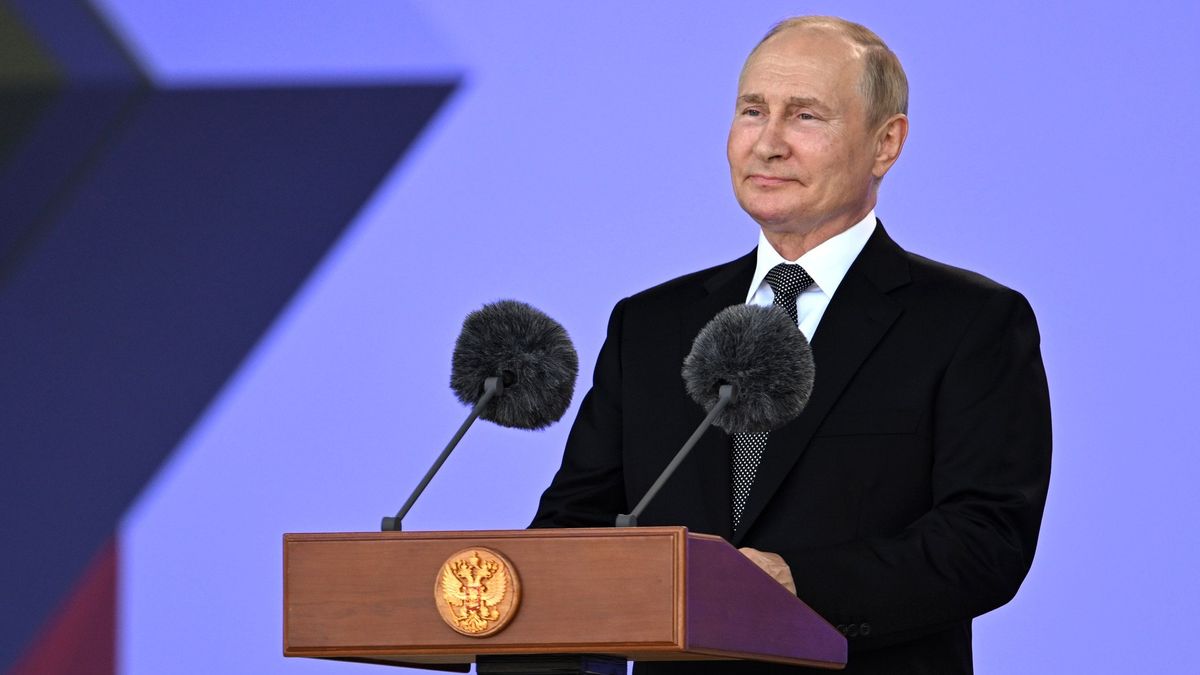JAKARTA - President Vladimir Putin on Monday approved a new foreign policy doctrine, based on the concept of 'Russian World', an idea conservative ideologists use to justify intervention abroad, to support Russian-speaking speakers.
The 31-page "humanitarian policy", published more than six months after the war in Ukraine, said Russia should "protect, safeguard and advance Russian World traditions and ideals".
While presented as some kind of soft power strategy, it perpetuates official policy ideas around Russia's politics and religion that some of the hardlines have used to justify Moscow's occupation of parts of Ukraine and support for its self-isolating pro-Russian entities in the east of the country.
"The Russian Federation provides support to its compatriots living abroad in fulfilling their rights, to ensure the protection of their interests and preservation of their Russian cultural identity," the policy said.
It said Russia's relations with its overseas compatriots allowed it to "strengthen on the international stage its image as a democratic country, which is struggling to create a multi-coup world."
For years President Putin highlighted what he saw as a tragic fate, about 25 million ethnic Russians living outside Russia in newly independent countries, when the Soviet Union collapsed in 1991, an event he called a geopolitical catastrophe.
The new policy says Russia should increase cooperation with the countries of Slavia, China, and India, as well as strengthen its relations with the Middle East, Latin America, and Africa.
Moscow said it should further deepen its ties with Abkhazia and Ossetia, the two territory of Georgia that Moscow acknowledged for independence after its war against Georgia in 2008, as well as two breakaway entities in eastern Ukraine, the People's Republic of Donetsk and Luhansk. People's Republic.
Russia continues to view the ruins areas of the former Soviet Union, from Baltic to Central Asia, as its legitimate territory of influence, an idea strongly opposed by many of these countries and also by the West.
The English, Chinese, Japanese, Arabic, and French versions are automatically generated by the AI. So there may still be inaccuracies in translating, please always see Indonesian as our main language. (system supported by DigitalSiber.id)








